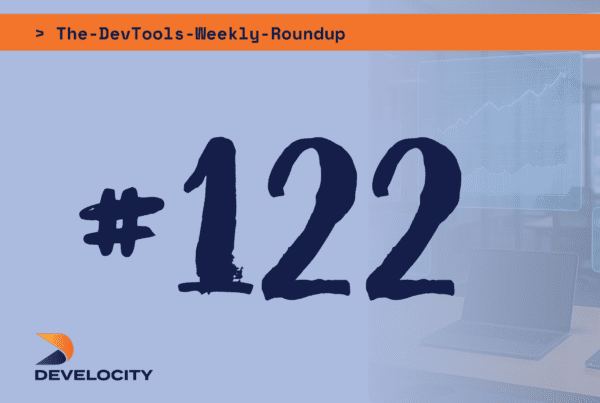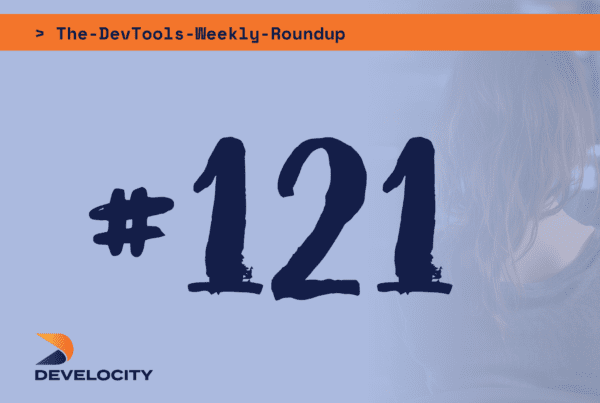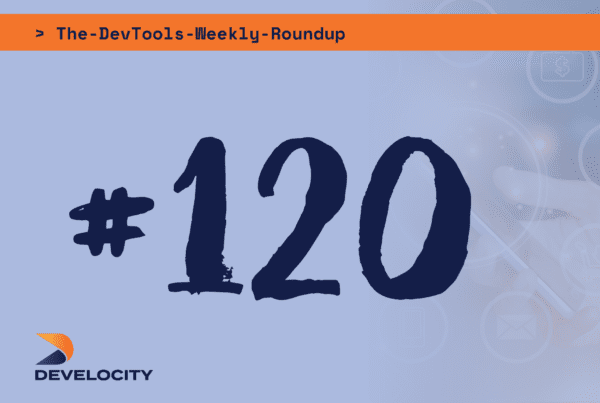I recently spoke with a candidate who had interviewed for a role in a devtools startup he was really passionate about the role and company but, unfortunately, didn’t get. He was initially open to the feedback from the interviewer, acknowledging areas where he could improve. But after a few days, self-doubt crept in, and he began to question the validity of the feedback. He felt the interviewers had missed his true potential, attributing the rejection to their lack of insight.
How many of us have been in this position, feeling unfairly judged after a tough interview? Whether you’ve been the candidate or the recruiter managing this situation, it’s a common experience. Interviews are a two-way street, but it’s crucial to remember that it’s not solely up to the interviewer to uncover your qualities. It’s up to you, the candidate, to clearly demonstrate why you’re the right fit.
Self-esteem can play tricks on us, especially after a (or multuple) rejection(s). It’s essential to step back and honestly assess whether you truly conveyed your qualifications and enthusiasm for the role. Here are some practical tips to help you present your best self in an interview, particularly for roles in the developer tools sector:
1. Do Your Homework
Before heading into the interview, make sure you have a thorough understanding of the role. Ask for a detailed job description and highlight the key responsibilities and qualifications. This preparation helps you align your experiences with the job requirements. For instance, if a position emphasizes they want ‘adaptability’, prepare specific examples of times when you’ve had to react to the nature of the challenge or what is required. Sometimes projects will be a marathon, at other times, a sprint.
Additionally, make sure you’ve done your research about the company. What developer tool have they created, what is the problem that they are trying to solve? And what do you know about how they’re doing it? Understand the company’s products, mission and target audience – and if you can’t work it out from online research or from your network, ask the recruiter to find out (if they don’t already know) or the Hiring Manager.
If you are expected to do a screening call (though if working with a recruiter, this is usually their job), be ready to have answers to:
- Tell me a bit about yourself
- If there are gaps in your CV, that is ok, just give an honest explanation.
- Why are you leaving your current job?
- Are you currently interviewing with other companies?
- What are your salary expectations?
Answer these and write down your answers in advance of your first screening call.
2. Showcase Your Achievements
Don’t just list your job titles—highlight your achievements. For each role on your CV, identify three major accomplishments that you think your interviewer might be interested in given the nature of the job e.g. share specific examples of past work that align with the job requirements, such as optimizing performance, liaising with end users/stakeholders or contributing to open-source projects. Focus on concrete outcomes like decreasing build times or increasing revenue and system efficiency.
If the role is for a developer role, emphasize your experience with specific tools, programming languages, or frameworks that are relevant to the job. If the role involves working with CI/CD pipelines or DevOps practices, be ready to discuss your experience in these areas.
This might all seem really obvious right now, but it’s easy to forget all that you can do when asked. I used to like having a notebook with the key achievements and skills that I wanted to get across by the time the interview has come to a close.
3. Be Prepared to Discuss Collaboration and Communication
All startups, particularly those within tech (as you probably well know) often value teamwork and cross-functional collaborations. Highlight your ability work well with others and communicate effectively.
4. Turn Weaknesses into Lessons for Growth
Be prepared to discuss your weaknesses, but do so strategically. For example, if you consider yourself a perfectionist, explain how this drives you to deliver high-quality work. This approach shows self-awareness and a proactive attitude towards personal development.
5. Master the Art of Follow-Up
Always end the interview by asking, “Do you have any questions or concerns that I haven’t addressed?” This question gives you one last chance to clear up any doubts and reinforce your fit for the role. Follow up with a thank-you email, reiterating your interest in the position and addressing any remaining questions.
6. Good Questions to Ask Your Interviewer
There usually comes a point at the end of an interview, when you are asked “Do you have any questions for me?” Asking thoughtful questions can make a big difference. They show your genuine interest in the role and help you gather valuable information. Consider asking a couple of the following, if relevant:-
- What is the company mission and the strategy to achieve that mission?
- What are the company’s short-term and long-term goals?
- What qualities did the previous employee in this role possess that you’d like to see continued? (If relevant)
- What do you wish you knew before joining the company? (If they’re not the founder.)
- What’s the biggest problem I can help solve in the first six months?
- What metrics define success in this role?
- What’s the work culture like—more independent or collaborative? How do you foster innovation and creativity?
- Can you describe the team I’ll be working with?
- What does an average day/week look like in this role?
- Why is this position open?
Not every interview will result in an offer, and although the rejection is tough to take on board (particularly if it was a job you wanted and you felt the interview went well), but I’m strong believe in what’s meant to be, will be. What’s important is to take time to reflect on the experience, learn from it and continue improving.
If you are on the look out for your next role, check out our Jobs page and/or reach out to Louise Ogilvy. We don’t always post jobs that we think are going to get filled quickly from those within our Linkedin network, so please connect with me on Linkedin if you are looking for a new role in Software Development, Content Marketing, Developer Relations, Product Engineering or Product Development.



